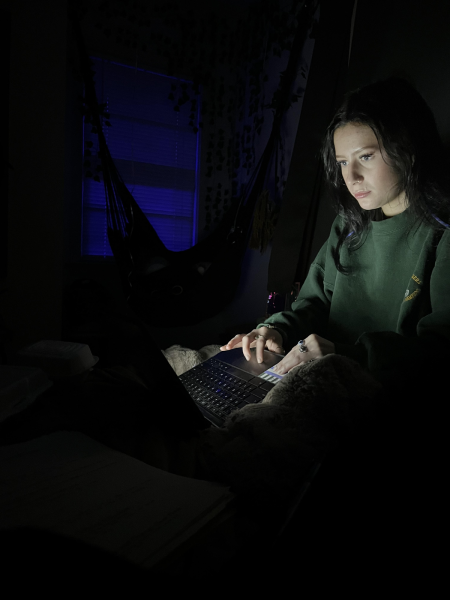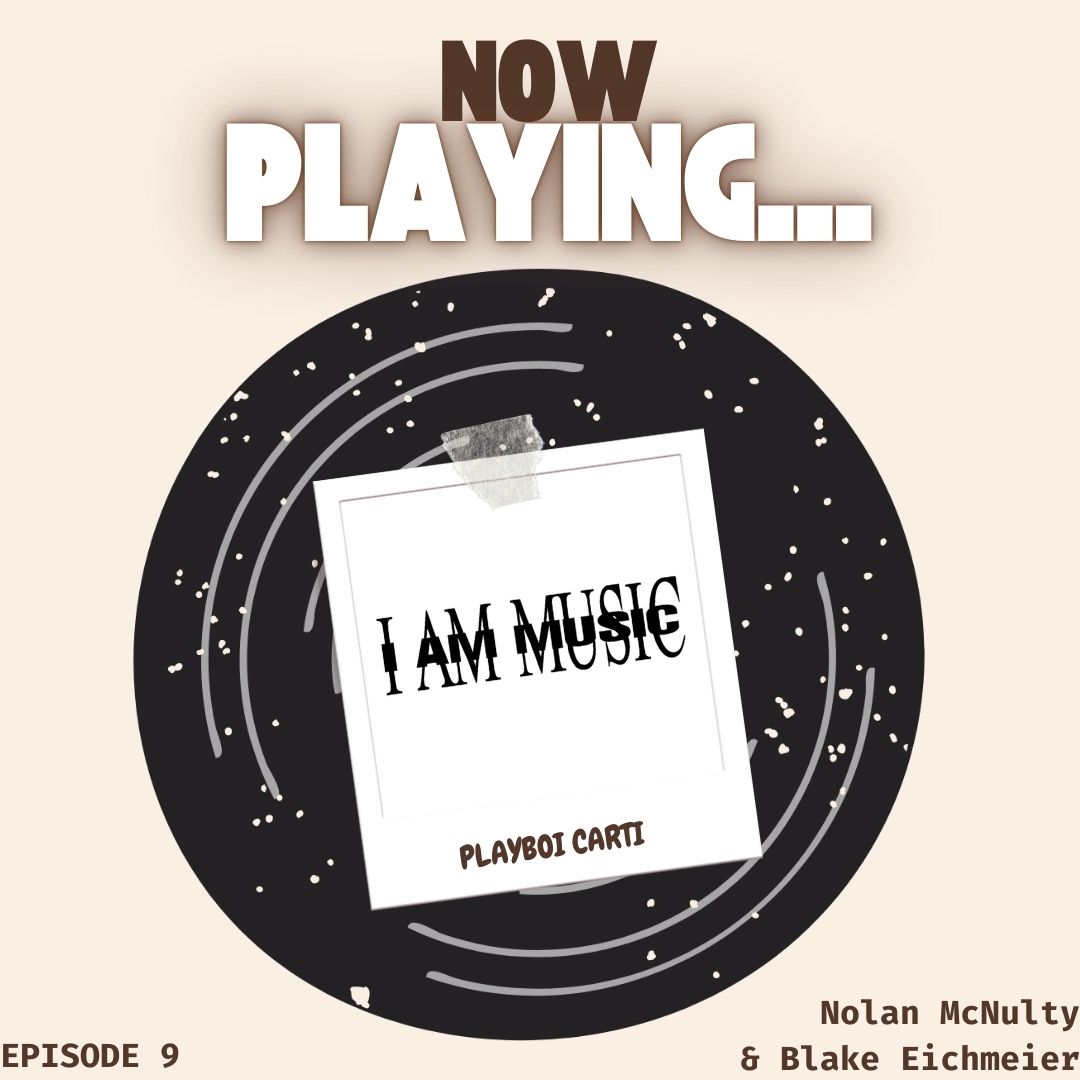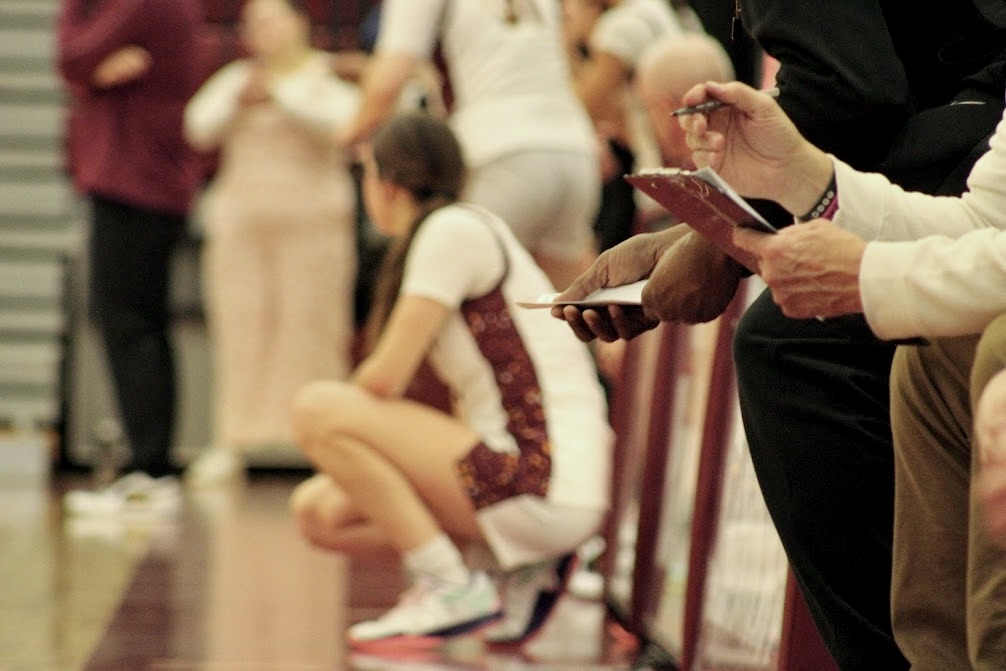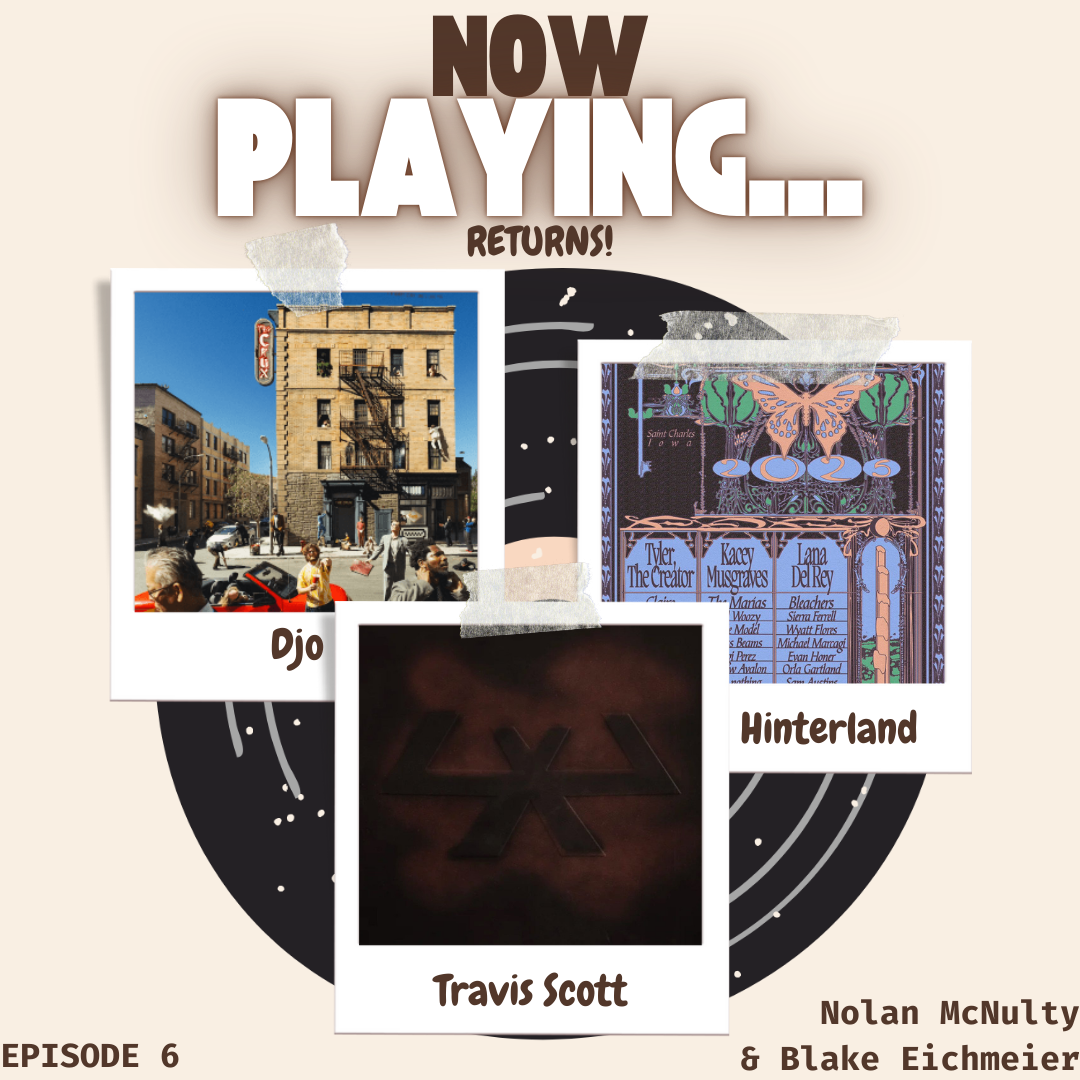It is 6:30 in the morning with an alarm buzzing in your ear, and only the light from the street greets your eyes. As the drive to school continues, the sun begins to slowly wake up and rise, only fully waking when you enter the first class of the day. Throughout the day the sun runs past you, only letting itself be seen and experienced fully for a few hours while the cold winter wind stings your eyes and bites your ears.
Like many students in the Midwest, Ankeny teens are no strangers to the unfavorable conditions that surround their lives during the winter months. However, it can go further than just an annoyance at the cold weather. The short days and limited sunlight play a much larger part in the mass slump that students find themselves in. For almost all students, the winter months are characterized by a partially defrosted windshield, a beatbox performance by your teeth while walking outside, and feeling your fingers turn into icicles. For some students, the disdain for winter can snowball into a much larger problem. Ankeny High School guidance counselor Kelly Andrews has been in the district for five years and throughout her time has come to almost expect the mid-year slump.
“There comes a point, first quarter is over, homecoming is [over], you get through our fall seasons… things settle in, you realize we still have a ways to go,” Andrews said.
The signs that the mid-year slump is coming start to show themselves at the tail-end of the beginning lap of school. However, where it truly takes the most effect is within the cold months. When daylight savings time comes to an end in November, students lose an hour of light, throwing their circadian rhythms off the schedule that it has become adapted to. The sleep-wake cycle is controlled by our circadian rhythm, which is regulated by light and darkness. Circadian rhythms are responsible for metabolism, growth, and hormone release like serotonin and melatonin. Serotonin is a chemical that controls things like hunger and eating, energy, and neural plasticity. This is our nervous system’s ability to modify itself both structurally and functionally in response to an experience or injury. With signs of darkness coming earlier and earlier in the day, your brain is prematurely sending signals for melatonin production. This has your body physically prepare for sleep, sometimes hours before you would go to sleep regularly.

For many students, high school is the time when they see themselves struggling the most during the winter months. Senior Skyland Jackman has dealt with having difficult winter months and like other students, has now come to expect that winter will be a struggle.
“I think as soon as you hit high school that is kind of when it started for me, and it kind of became like a normal thing every year that I am going to have a time of the year where it is a struggle,” Jackman said.
Des Moines Area Community College (DMACC) sophomore Jayla Van Dorian shares a similar experience with Jackman. Since graduating from Roosevelt High School, she has been able to see the difference between what it looks like in college versus what it was like in high school.
“It almost hit harder in high school because at my school [Roosevelt], you could get away with not doing things on the due dates,” Van Dorian said.
Many students are aware of the problems that can arise from the slump, but the idea of correcting habits as you notice them is much easier said than done. Some students feel that they do not know what they can do to make a change.
“Honestly no, I am not that knowledgeable about ideas of how I could not be in the slump,” Jackman said.
Although there seems to be no way of actually dealing with and overcoming the struggle, there are practices that students can utilize to help maintain and control what is going on. One of the best things you can do to help deal with mid-year struggles is exercise. Regular exercise, especially during the day, can help increase the production of serotonin and help support circadian rhythm regulation. Making a cautious effort to eat food that will be fuel for your body as well can have a large effect on your overall well-being,
“The impact nutrition has on our mental well-being is insane,” Andrews said. “If we can eat real food, like, it comes from the ground, it has a mother… if we can eat real food there is so many benefits.”
For some people, the pressure of eating healthy and working out can trigger and feed into other negative thoughts and habits. However, the impact of taking care of your body and giving it what it needs transcended the diet culture perspectives that make weight loss the only reason for adding movement and nutrient rich food into your life.
“It gets so tricky in today’s diet culture, because it is like, no, no, no, this is not for aesthetic or weight loss by any means, this is simply to feel good,” Andrews said.
Aside from big lifestyle changes, small additions can be just as beneficial to overall well-being. It is recommended that when you wake up you get anywhere from 15 minutes to an hour of natural light, and for good reason. Natural light has been shown to help reduce the risk of developing long-term depression, reduce the use of antidepressants, and can help improve mood and emotions. As the days get shorter and shorter it is harder to find time to even have exposure to natural light but alternatives do exist that offer similar benefits like light therapy lamps for students who might struggle to figure out how to fit another thing into their schedule.
It is important to put priority in yourself and surround yourself with people who also are putting priority into you, being social with friends and putting in the effort to be present really has an effect.
“I like hanging out with people that are positive like my friends, and like people who want to uplift me, not people that do not,” Jackman said. “And I think just trying your best to surround yourself with good things like going to paint, or going to the gym, or just getting out of the house,”
Changes can be made that are easier than you think they are, but expecting to succeed at completely changing your lifestyle won’t be successful in the long run. The best thing that students can do is take the time to add things into their life as they can fit.
“My advice is when you are trying to be intentional is to not cut anything, it is to add in a habit… eventually something has to go so then you reflect and you are like ‘oh, this is no longer serving me’,’’ Andrews said.













































